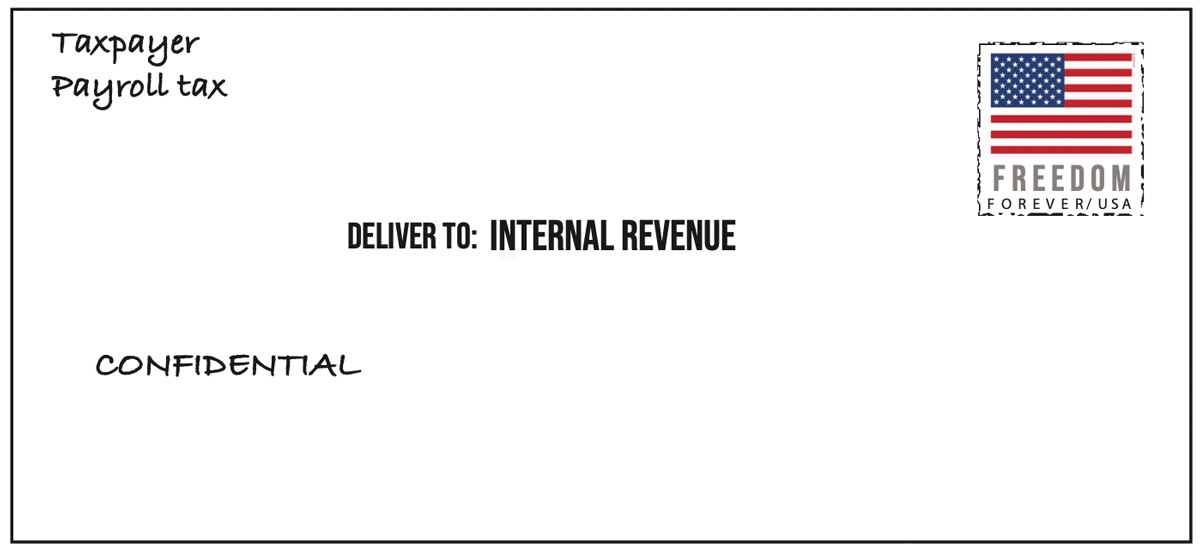Paying employment taxes is a critical responsibility for all employers. Failure to meet this obligation can result in severe legal and financial consequences, impacting the business and its responsible parties.
Fortunately, our El Paso CPAs at Marcus, Fairall, Bristol + Co., PLLC are here to help you understand what failure to pay taxes means and how to avoid it. If you’re concerned about how this may affect you, contact us online or call (915) 775-1040 to request a consultation.
Understanding Employment Taxes
Employment taxes include federal income tax withholding, Social Security and Medicare taxes (FICA), and federal unemployment taxes (FUTA). There are two parts to the total, making up payroll taxes. The Trust fund portion and the employer’s portion.
Employers are required to withhold Federal Income tax, Social Security Tax, and Medicare Tax from their employees every time they issue a payroll check. The taxes actually withheld are known as trust fund taxes because you actually hold the employee’s money in trust until you make a federal tax deposit in that amount. and must be deposited or paid to the IRS along with the employer’s portion of payroll tax.
Trust Fund Recovery Penalty (TFRP)
When employers fail to remit employment taxes, the IRS can impose the Trust Fund Recovery Penalty (TFRP). The TFRP holds individuals personally liable if they are deemed responsible for the collection, accounting, and payment of these taxes and willfully fail to do so. Responsible parties can include corporate officers, partners, and other employees with authority over financial decisions.
Criteria for TFRP
To establish TFRP liability, the IRS must demonstrate two key elements:
- Responsibility: The individual was responsible for collecting, accounting for, and paying employment taxes.
- Willfulness: The individual’s failure to pay the taxes was voluntary, conscious, and intentional.
Consequences of Failing to Pay Employment Taxes
Financial Penalties
- Trust Fund Recovery Penalty: The TFRP is equal to the total amount of unpaid trust fund taxes, which can be substantial. This penalty can be assessed against any responsible person.
- Additional Penalties and Interest: In addition to the TFRP, the IRS imposes interest and additional penalties on unpaid taxes. These can accumulate rapidly, exacerbating the business’s financial burden.
Legal Consequences
- Civil Actions: The IRS can file a civil lawsuit to recover unpaid taxes, which could potentially result in the seizure of business assets.
- Criminal Charges: In severe cases, failure to pay employment taxes can result in criminal prosecution. Charges can include tax evasion and willful failure to collect or pay over-tax. Convictions can lead to significant fines and imprisonment.
Enforcement Actions
The IRS actively pursues businesses and individuals failing to meet employment tax obligations. For instance, in May of 2024, a businessman in El Paso was arrested for allegedly failing to pay trust fund employment taxes to the government. This case underscores the IRS’s commitment to enforcing tax laws and holding responsible parties accountable.
How to Avoid Tax-Related Consequences
To avoid the severe consequences associated with failing to pay employment taxes, businesses should speak with a CPA and implement the following measures:
- Accurate Record-Keeping: Maintain meticulous records of all employment tax transactions and accurately document all withholdings and payments.
- Timely Deposits: Make timely deposits of withheld taxes. Adhere to the IRS deposit schedule to avoid penalties.
- Regular Audits: Conduct internal audits to ensure compliance with employment tax obligations. Address any discrepancies immediately.
- Professional Assistance: Consider hiring a CPA in El Paso to manage employment taxes. Their expertise can help navigate complex tax regulations and ensure compliance.
Tax Assistance with El Paso’s Leading CPAs
Refer to Marcus, Fairall, Bristol + Co.’s highly experienced CPAs to avoid potential tax-related consequences. For more information, contact us online or call (915) 775-1040.
